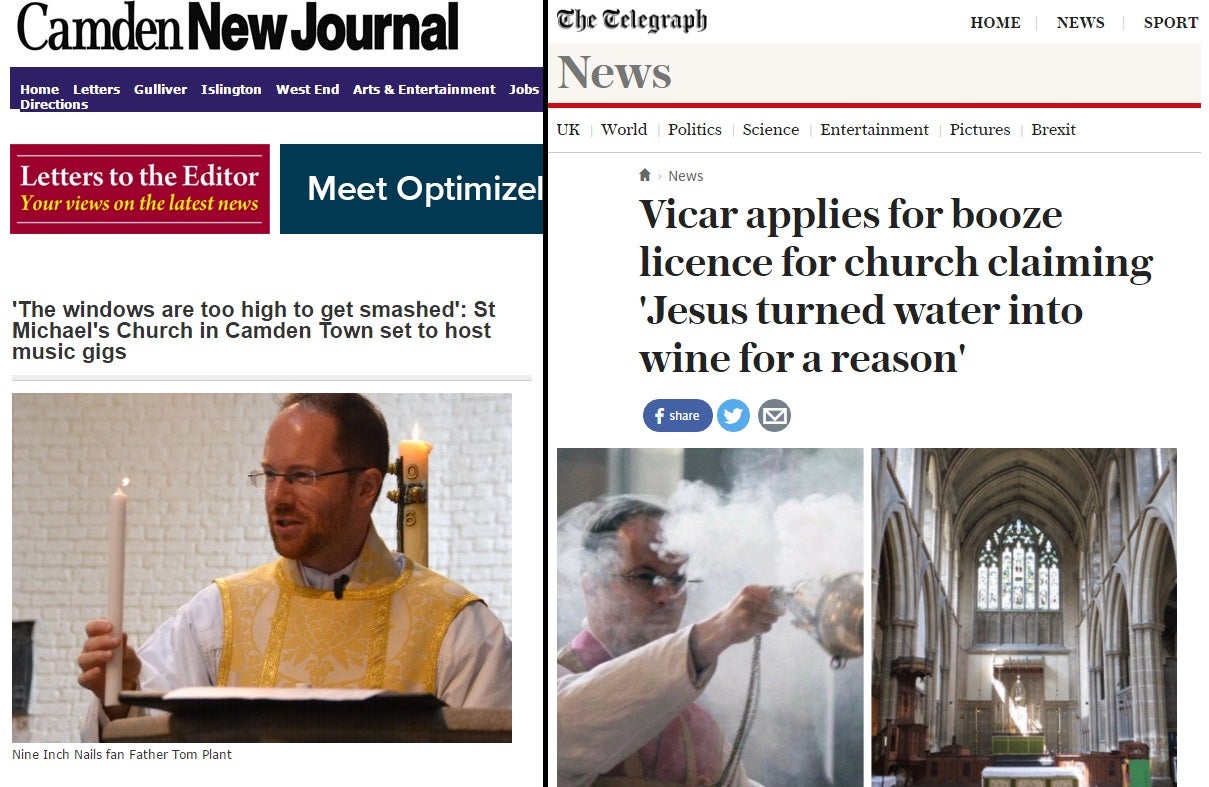
The deputy editor of the Camden New Journal says national reporters should spend a week on local titles once every five years to stop the practice of them ripping copy without attribution.
Writing on his personal blog, Richard Osley has condemned what he see as a culture of taking stories without attribution, saying it prompts a “weekly groan” from reporters on the independent north London weekly.
He said the change must come from within the industry and criticised the National Union of Journalists for not doing enough to tackle the issue.
“The solution to at least writing the local papers back into the wider story – crediting them in the text and, let’s go crazy, perhaps even with a web link – may lie in what industry camaraderie truly remains, as ultimately a standard culture of fair credit can only come from within,” he said.
“It seems to be an unsaid that what we are often talking about is one reporter lifting from another, despite both possibly being signed up to the same trade union.
“But the National Union of Journalists, to which most of us at the [Journal] pay a monthly sub, rarely seems to talk about it; in the monthly magazine you don’t see much discussion about how hard work slips from one page to another, from our website to somewhere else, through the actions of people supposedly banded together, albeit loosely, to safeguard the future of the trade.
“So here’s an idea: How’s about, once every five years or so, reporters on the nationals and the copy stringers could come back to work for a local for a week and get a refresher on how it ticks over in a place like the New Journal, to see the source.
“I just wonder if a peep inside, a reminder, would make them a little less light with their attribution.”
Olsey blamed the rise of online reporting for the practice, saying local stories that would have been seen as “too parochial for a national newspaper” in the past are being picked up.
“Now every bit of copy, especially if there is a celebrity or quirky edge to it, has the chance to fly online. If it doesn’t, so what, try another, no print costs lost,” he said.
He also noted that “a more common route” into the profession nowadays was “a direct leap into online journalism, often at the nationals”.
“Maybe that changes the culture of how locals and regionals are viewed, or feeds those sniffy comments you sometimes see on Twitter about it being a slow news week if we dare to publish anything with a low-key, neighbourhood feel,” he said.
“There is no obvious concern from up the ladder that lifting and lifting again will harm a paper like ours, because if local papers cease to exist, so what?, there’s now the never-ending barrel of copy and paste stories from Twitter and Reddit comments to feed from in the same way.”
Giving the example of an interview with a priest that produced some quirky quotes for the Journal, he said the story was picked up by the Telegraph online without being attributed to the Journal.
It was then recycled by other news outlets – some of them attributing the Journal’s quotes to the national title – before finding its way full circle into rival local paper the Ham & High, Osley said.
He added: “The Telegraph are not unique in their magpie affection for articles in the CNJ, but it seems an almost weekly groan among our reporters that a story which originated from their hard work and ideas has landed on its website…”
“It’s only through the time, care and hard work which neighbourhood stories like this are brought to life through face-to-face and phone interviews, that time-consuming but fulfilling process of actually speaking to people.
“It seems only fair for the Telegraph, and others, if they won’t pay, to at least put ‘told the Camden New Journal’ in their reproductions, and yet there seems to be a strange, horrified resistance to doing this.
“It would surely be no skin off their noses, their online audience would not be appalled.”
Email pged@pressgazette.co.uk to point out mistakes, provide story tips or send in a letter for publication on our "Letters Page" blog
